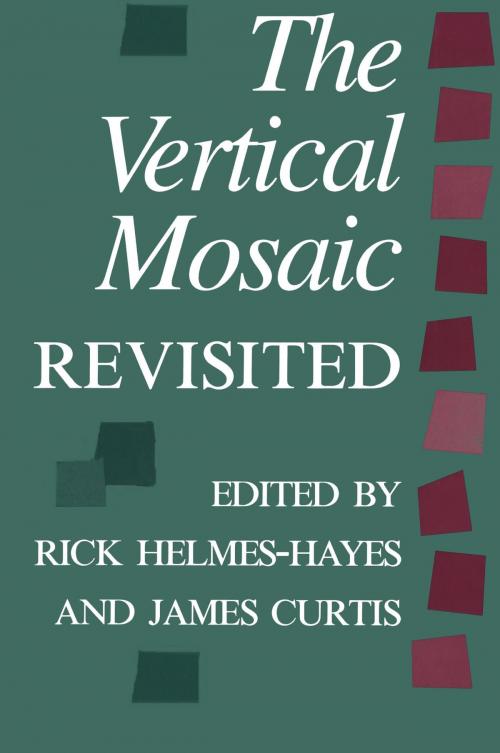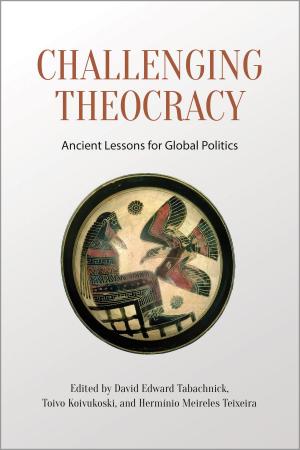The Vertical Mosaic Revisited
Nonfiction, Social & Cultural Studies, Social Science, Cultural Studies, Ethnic Studies, Sociology| Author: | ISBN: | 9781442655300 | |
| Publisher: | University of Toronto Press, Scholarly Publishing Division | Publication: | December 15, 1998 |
| Imprint: | Language: | English |
| Author: | |
| ISBN: | 9781442655300 |
| Publisher: | University of Toronto Press, Scholarly Publishing Division |
| Publication: | December 15, 1998 |
| Imprint: | |
| Language: | English |
When The Vertical Mosaic first appeared in 1965, it became an instant classic. Its key message was that Canada was not the classless democracy it fancied itself to be. In fact, Canada was a highly inegalitarian society comprising a ‘vertical mosaic’ of distinct classes and ethnic groups. This collection of papers by five of Canada’s top sociologists subjects John Porter’s landmark study to renewed scrutiny and traces the dramatic changes since Porter’s time – both in Canadian society and in the agenda of Canadian sociology.
Based on papers written for a conference held in commemoration of the thirtieth anniversary of The Vertical Mosaic’s publication, the five essays revisit the central themes of the original work, including gender and race inequality; citizenship and social justice; and class, power, and ethnicity from the viewpoint of political economy. An introduction by the editors provides a historical biography of Porter and discusses his influence on Canadian sociology.
When The Vertical Mosaic first appeared in 1965, it became an instant classic. Its key message was that Canada was not the classless democracy it fancied itself to be. In fact, Canada was a highly inegalitarian society comprising a ‘vertical mosaic’ of distinct classes and ethnic groups. This collection of papers by five of Canada’s top sociologists subjects John Porter’s landmark study to renewed scrutiny and traces the dramatic changes since Porter’s time – both in Canadian society and in the agenda of Canadian sociology.
Based on papers written for a conference held in commemoration of the thirtieth anniversary of The Vertical Mosaic’s publication, the five essays revisit the central themes of the original work, including gender and race inequality; citizenship and social justice; and class, power, and ethnicity from the viewpoint of political economy. An introduction by the editors provides a historical biography of Porter and discusses his influence on Canadian sociology.















